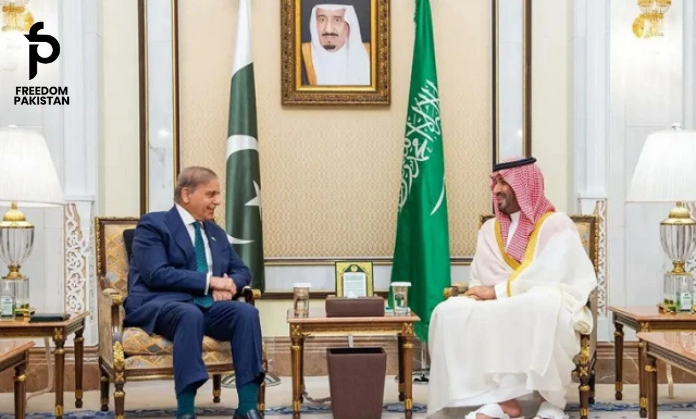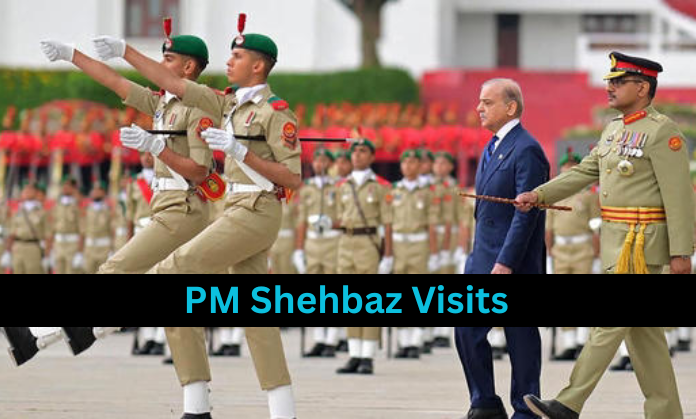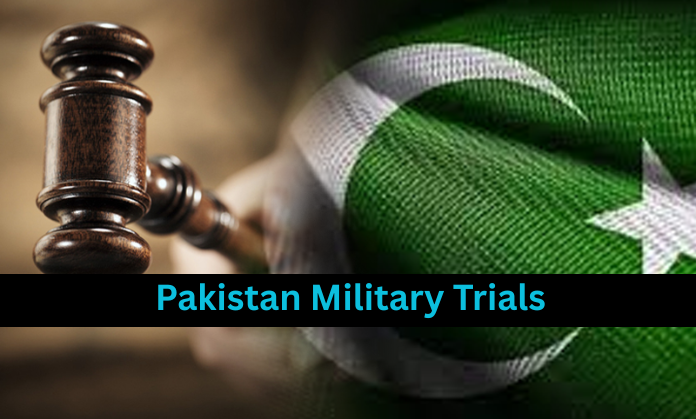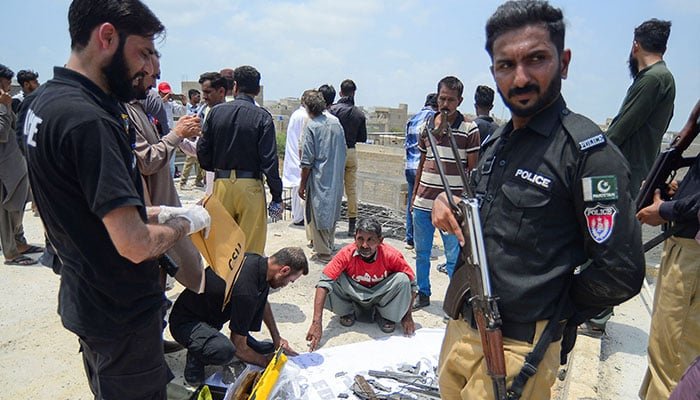Pakistan- India Relation
In a significant diplomatic gesture that may help ease long-standing tensions in South Asia, Pakistani Prime Minister Shehbaz Sharif expressed his country’s willingness to resume talks with India on all outstanding issues, including the core dispute of Jammu and Kashmir. This message was delivered during a high-level meeting with Saudi Crown Prince Mohammed bin Salman during the Pakistani leader’s recent visit to Riyadh.
The announcement has triggered cautious optimism across diplomatic circles in the region, where relations between the nuclear-armed neighbors have remained frozen for years. While past efforts at dialogue have been interrupted by hostilities, this latest expression of openness from Islamabad—backed by the influential support of Saudi Arabia—may signal a new chapter in regional diplomacy.
Background: A History of Conflict and Deadlock
Since gaining independence from British colonial rule in 1947, India and Pakistan have fought three major wars, two of which were directly related to the Kashmir conflict. The two countries have experienced repeated surges of hostility, cross-border military skirmishes, and terrorist incidents that often derail peace efforts.
The most recent breakdown occurred in 2019, after India revoked Article 370 of its constitution, ending the semi-autonomous status of Jammu and Kashmir. Pakistan condemned the move and downgraded diplomatic ties, halting all formal dialogue. Since then, relations have remained tense, marked by border shelling and diplomatic disengagement.
However, occasional backchannel communications and third-party engagements—often involving countries like the UAE, the U.S., or Saudi Arabia—have hinted at a mutual understanding that dialogue is the only long-term solution.
PM Shehbaz’s Statement: A Strategic Reopening
During his meeting with Crown Prince Mohammed bin Salman, PM Shehbaz Sharif conveyed that Pakistan is ready to engage in dialogue with India to resolve “all bilateral issues.” Sources close to the discussion reported that the Pakistani side emphasized the importance of dialogue, peace, and stability for both nations and for the broader South Asian region.
This public reaffirmation of openness comes at a time when Pakistan is grappling with serious economic challenges, and Shehbaz’s government is seeking to prioritize regional stability to promote trade and investment.
“Pakistan remains committed to peaceful coexistence with all its neighbours and believes that meaningful engagement is the only path toward durable peace,” said a senior Pakistani official following the meeting.
The language of the statement is also significant. While it includes references to long-standing issues such as Kashmir, it stops short of setting preconditions, suggesting a more flexible tone compared to previous Pakistani positions.
The Role of Saudi Arabia in South Asian Diplomacy
Saudi Arabia’s position as a trusted partner to both Pakistan and India places it in a unique position to encourage diplomacy. Over the past few years, Riyadh has enhanced its geopolitical involvement, seeking to act as a stabilizing force beyond the Middle East.
During the recent visit, Crown Prince Mohammed bin Salman reportedly expressed support for any process that promotes regional stability. While there has been no official Saudi statement on acting as a formal mediator, Saudi Arabia’s behind-the-scenes diplomacy has historically played a role in diffusing tensions between regional rivals.
In addition, Pakistan’s deep economic ties with the Kingdom—especially in energy, labour, and investment—give Riyadh leverage to guide Islamabad toward more pragmatic and peace-oriented policies.
India’s Response: Strategic Silence or Calculated Patience?
As of now, India has not issued an official response to PM Shehbaz’s comments. However, the Indian government under Prime Minister Narendra Modi has generally maintained a firm position: that talks with Pakistan are only possible if Islamabad demonstrates a verifiable commitment to ending cross-border terrorism.
New Delhi considers Pakistan-based militant groups responsible for several attacks on Indian soil, most notably the 2019 Pulwama attack that killed 40 Indian paramilitary soldiers. The attack led to Indian airstrikes in Balakot, Pakistan, and a dramatic escalation in hostilities.
India’s current foreign policy prioritizes regional and global alliances, including strengthening ties with Gulf nations, Southeast Asia, and the West. Engaging in dialogue with Pakistan may depend on both geopolitical timing and visible efforts from Islamabad to rein in militant actors.
Nevertheless, India has previously participated in unofficial or backchannel diplomacy, including secret meetings in third countries like the UAE. Should Riyadh push harder for talks, New Delhi may weigh the costs and benefits of engagement.
Regional and Global Reactions
The international community has long viewed peace between India and Pakistan as essential for regional stability, especially given their nuclear capabilities and volatile border situations.
-
United Nations: While not directly involved, the UN has consistently urged both sides to engage in dialogue.
-
United States: Washington has cautiously supported any effort that leads to South Asian peace but remains concerned about security risks emanating from militant groups.
-
China: As a strategic partner to both countries—but particularly Pakistan—Beijing may favor a peaceful regional environment to safeguard its Belt and Road investments.
-
UAE & Qatar: These Gulf countries have also indicated support for facilitating diplomatic processes, though mostly behind closed doors.
Analysts suggest that with global attention focused on Ukraine, Gaza, and Red Sea tensions, the timing might be ripe for a quieter but strategic reset in South Asia.
Prospects and Challenges for Dialogue
While Shehbaz Sharif’s statement is diplomatically significant, the road to actual negotiations is fraught with complications:
Opportunities
-
Backchannel diplomacy: Quiet talks can help build trust and outline frameworks before public dialogue.
-
Trade normalization: Reopening trade routes could build economic interdependence and reduce hostilities.
-
Shared economic goals: Both nations face economic challenges that could benefit from regional cooperation.
-
Track II diplomacy: Engagements involving business leaders, scholars, and retired officials can pave the way for formal talks.
Challenges
-
Political polarization: Domestic political actors in both countries may resist any perception of weakness.
-
Terrorism concerns: India demands tangible action on cross-border militancy, which remains a sticking point.
-
Kashmir: Any reference to Kashmir’s status remains highly sensitive and contentious.
-
Timing: With India recently completing its general elections and Pakistan heading toward political realignments, domestic priorities may delay formal engagement.
What Comes Next?
The coming months will be crucial in determining whether Shehbaz Sharif’s comments were symbolic or a precursor to genuine engagement. Observers are watching closely to see whether this message leads to formal diplomatic overtures or whether it stalls—as many past efforts have.
Signals to monitor include:
-
Appointment of special envoys or backchannel negotiators
-
Statements from India’s Ministry of External Affairs
-
Saudi follow-up meetings with Indian officials
-
Reduction in ceasefire violations along the Line of Control (LoC)
-
Media narratives in both countries’ state-aligned outlets
If both sides choose to engage, the talks could start informally, perhaps at the sidelines of multilateral forums like the SCO (Shanghai Cooperation Organization) or the UN General Assembly.
Conclusion
PM Shehbaz Sharif’s declaration that Pakistan is open to talks with India—delivered to none other than Saudi Arabia’s Crown Prince—reflects a calculated shift toward regional diplomacy and pragmatism. While India’s response remains to be seen, the message indicates that Islamabad is at least willing to explore dialogue over confrontation.
Saudi Arabia’s involvement, economic pressures, and shifting geopolitical dynamics may provide just enough incentive for both countries to reimagine a less adversarial relationship. Whether this translates into sustained dialogue or remains another lost opportunity will depend on the actions both nations take in the weeks and months ahead.




